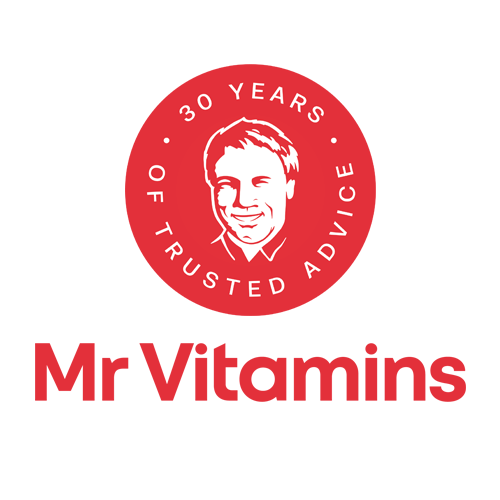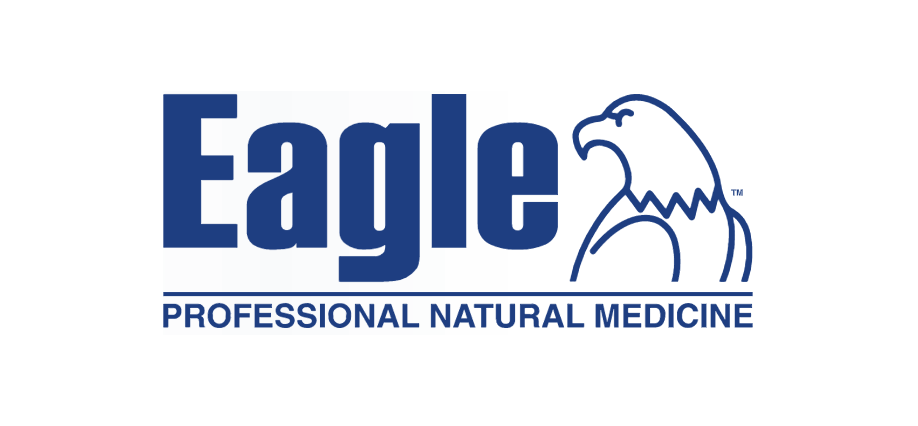
- Health advice
- Sep 28, 2012
Veganism has been an emerging lifestyle since circa 570—490 BCE. To this day people have questioned whether a vegan diet contains enough nutrition. Well, as it turns out, a proper Vegan diet can be very nutritious whilst providing a variety of health benefits. You see it is the abundance of foods Vegans consume that help their bodies control inflammation and lower cholesterol.
What does it mean to be Vegan?
Vegans and vegetarians are often associated with one another, but they are not the same. Vegetarians avoid eating meat whereas Vegans avoid eating all animal products, including dairy products. Similar to vegetarians, there are different types of Vegan lifestyles.- Dietary Vegans: avoid all animal products in their diet
- Ethical Vegans: avoid eating animal products as well as using products that contain animal products
- Environmental Vegans: can also classify as Ethical Vegans except that they view the use of animal products as damaging to the environment
Common Vegan Cuisine
Essentially, any food or meal prepared without the use of animal ingredients can be considered Vegan. Some common Vegan foods include hummus, rice, beans, stir-fries, tofu, tempeh, and seitan. At the same time, there are a number of Vegan alternatives available to replace milk and meat in the diet. You should know that a Vegan diet can be so satisfying and sustaining that it has led to the creation of new food groups. The Physicians Committee for Responsible Medicine suggests that Vegans and vegetarians alike consume the following every day:- Three or more servings of vegetables (dark yellow, dark orange, and/or dark green, leafy vegetables)
- Five or more servings of whole grains (bread, rice, or pasta)
- Two or more servings of legumes (beans, peas, or lentils)
- Three or more servings of fruit
- Two servings of fat
















